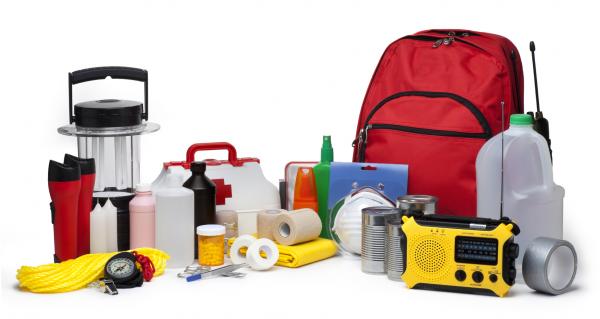If you are experiencing a power outage, please call our office at 620-227-2139 or 800-279-7915. Thank you!
When the prospect of a severe storm looms, be prepared. The best way to cope with a storm is to be prepared before it strikes. Victory Electric has an active maintenance and right-of-way program to help minimize the damage wind, rain, limbs and trees cause on our system. However, depending on the strength of the storm, sometimes that is not enough.
- Develop, practice emergency plan with everyone in your house.
- Take an inventory of the items you need that rely on electricity and discuss what to do in case of an emergency.
- Download Victory Electric’s SmartHub app on your mobile device.
- Sign up for Victory Electric outage text messages.
- When there is impending dangerous weather, fill your bathtub with water if your supply depends on electricity.
- Keep mobile phones and other electric equipment charged and gas tanks full.
- Protect and unplug electronic equipment.
- Fill up your vehicles with gas in the event that you need to evacuate or relocate to another area; and if you use a portable generator, fill up fuel cans.
- Use a thermometer in the refrigerator and freezer so that you can know the temperature when the power is restored. Throw out food if the temperature is 40 degrees or higher.
- If someone relies on life support equipment, identify an alternate location with power where they can go during an outage.
- Talk to your medical provider about a power outage plan for medical devices powered by electricity and refrigerated medicines. Find out how long medication can be stored at higher temperatures and get specific guidance for any medications that are critical for life.
- Install carbon monoxide detectors with battery backup in central locations on every level of your home.
- Sign up for local alerts and warning systems. Monitor weather reports.
- Purchase appliances with built-in surge protection or install surge protectors to help safeguard valuable electronic equipment such as computers and home entertainment systems. Plug computers and other sensitive equipment into a separate, grounded circuit to isolate them from fluctuations caused when a major appliance restarts (such as your room air conditioner or refrigerator). Consider having a lightning arrester installed at your main circuit panel.
- Don’t forget your pets! Have a pet emergency kit.

